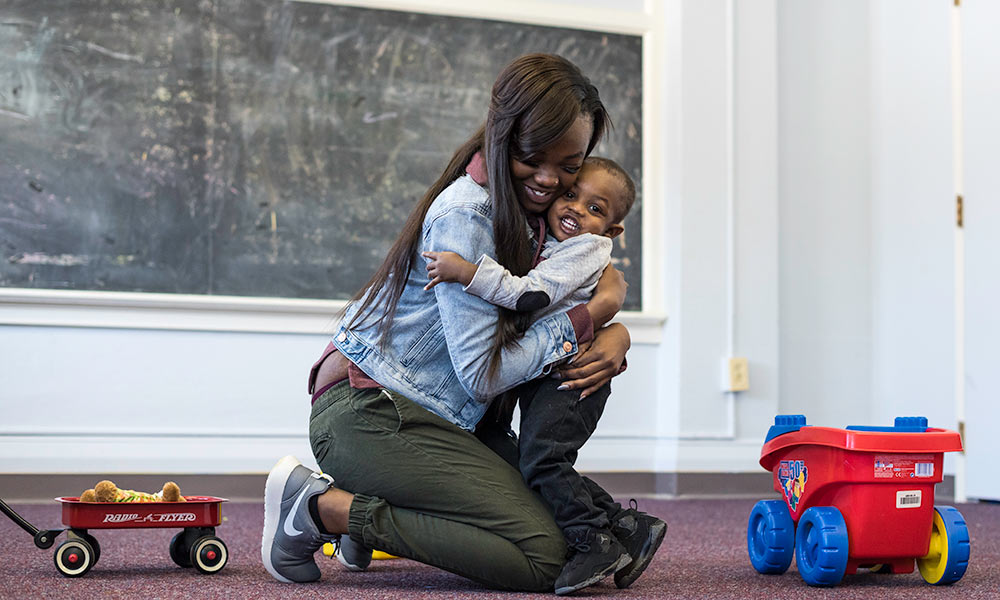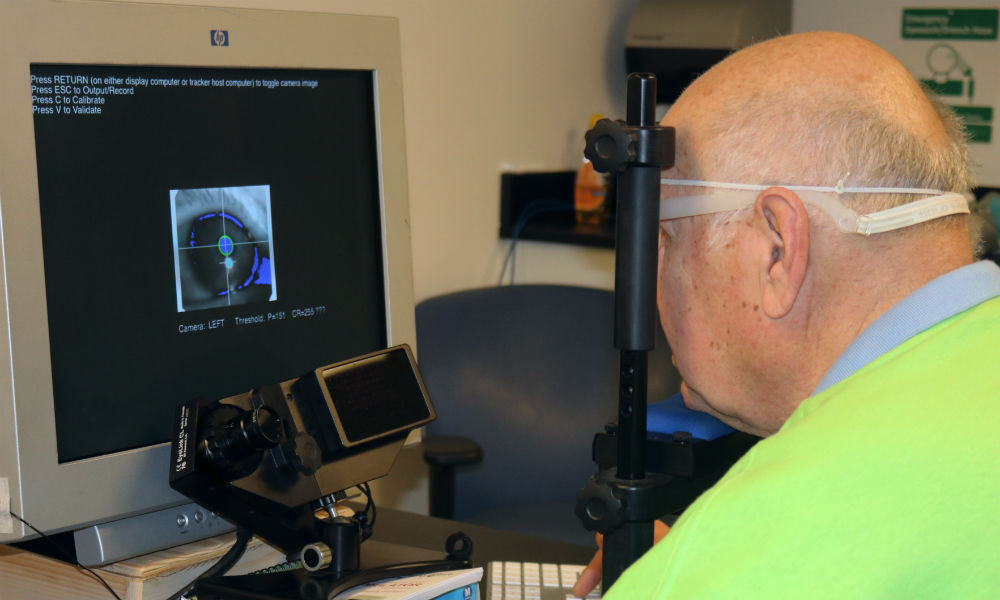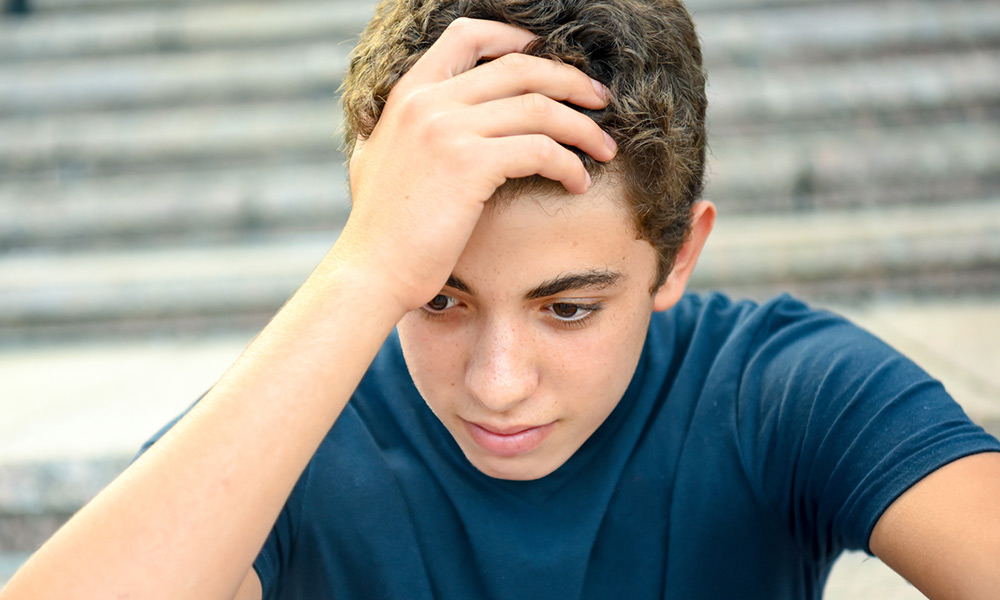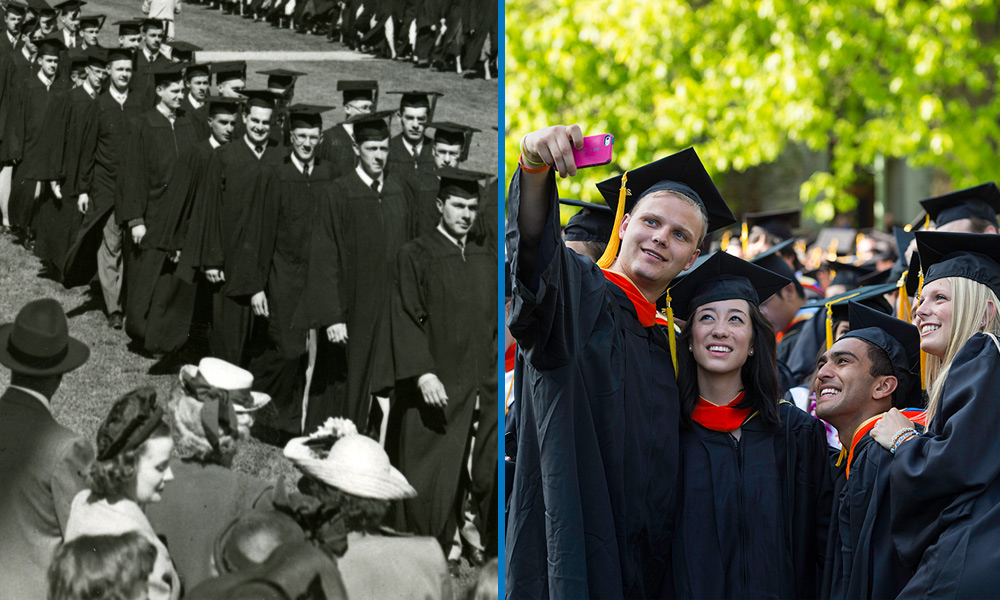
At-risk families find research-driven services at Mt. Hope Family Center
The Mt. Hope Family Center sits on a two-way street. Its researchers and clinicians have provided evidence-based services to at-risk families, while training the next generation of clinicians and research scientists.

Quadcast: Rebooting the brain for better vision after a stroke
Krystel Huxlin has developed rigorous visual training that can restore some of the basic vision lost to traumatic brain injury, stroke, or a tumor. Here Huxlin discusses how this therapy teaches undamaged parts of the brain to take over.
Quadcast transcript: Does guilt make good parenting
[music, voiceover] You are now listening to the UR Quadcast, University of Rochester’s official podcast. Sandra Knispel: Welcome to the QuadCast. I am joined today by University of Rochester psychology…

Does guilt make for good parenting?
There isn’t much Judith Smetana doesn’t know about parenting teenagers. Her latest study in a nearly 40-year career as a professor of psychology, looks at the effect of using guilt as a parenting tool.

Researchers, engineers team up on app for caregivers facing FASD
The National Institutes of Health has awarded a $1.5 million grant to support the development of a mobile app providing peer-to-peer interventions for parents of children with fetal alcohol syndrome disorders (FASD).

What really motivates us
Is it money, power, and fame? Or rather fear and punishment? For nearly 40 years Richard Ryan and Edward Deci, the founders of self-determination theory, have sought to answer the question of human motivation.

QuadCast: Think you have the University’s commencement traditions down pat?
A university can acquire (and abandon) a lot of traditions over 150-plus years. “Tradition guru” University archivist Melissa Mead takes us on a little tour of some of our quirky graduation traditions—then and now.

Website to help social scientists with field research
When conducting field research around the world, young social scientists can often feel as if they are starting from scratch. A new website envisioned by political scientist Gretchen Helmke will help scholars share resources with other social scientists on the ground.

Sisters overcome poverty, prejudice to become first-generation graduates
Egyptian sisters Yasmin and Ayaa Elgoharry will each graduate from the Warner School with master’s degrees in education leadership, becoming the first in their family to earn college degrees.

QuadCast: Graduating sisters overcome poverty, racism
Egyptian-born sisters Yasmin and Ayaa Elgoharry came to the U.S. aged seven and 11. Having nearly dropped out of high school, they are now each graduating with a master’s in educational leadership from the Warner School of Education.

